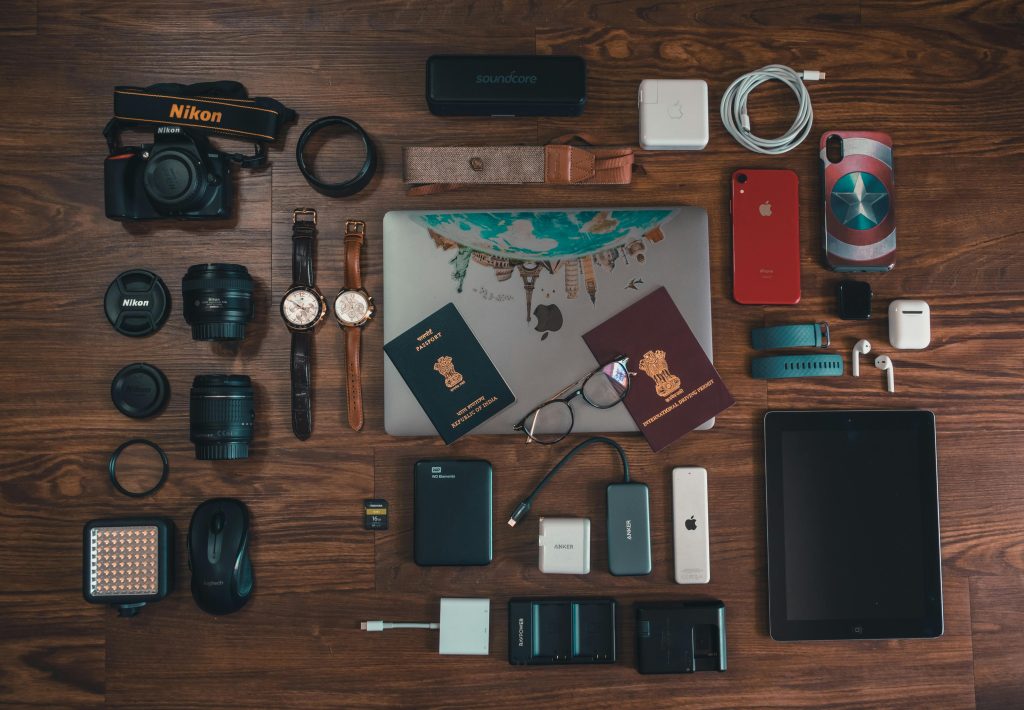Understanding Unusual Noise from Your CPU Cooler: A Guide for PC Enthusiasts
When building or maintaining a high-performance PC, ensuring every component functions smoothly is essential. Recently, some users have reported experiencing a disturbing buzzing or electrical noise emanating from their CPU water cooling blocks—specifically those mounted on the processor. If you’ve encountered a similar issue, you’re not alone. This article aims to shed light on potential causes, troubleshooting steps, and what this noise might indicate about your system’s health.
Identifying the Sound: What Are Users Experiencing?
Several PC enthusiasts have noted hearing a loud buzzing or coil-whine-like noise coming directly from their CPU water blocks, especially from all-in-one (AIO) cooling solutions. The noise can occur at idle and intensifies under load, leading to concerns about possible hardware damage. Typically, the sound might be mistaken for coil whine from graphics cards or power supplies, but in these cases, it originates from the CPU water block itself.
Possible Causes of Buzzing in CPU Water Cooling Systems
- Pump Vibration or Mechanical Resonance
One common cause is the pump within the AIO cooler. If the pump is vibrating excessively or if there are loose components, this can lead to audible buzzing. Mechanical resonances can also cause vibrations to amplify, especially if mounting is not secure.
- Air Bubbles or Fluid Dynamics
Air trapped in the cooling loop can cause irregular flow and vibrations. Similarly, rapid fluid movement or turbulence within the radiator or tubes can generate noise.
- Electrical or Magnetic Interference
Although less common, electrical fluctuations within the pump or other electronic components can produce audible electrical noise akin to coil whine.
- Motherboard or VRM Resonance
Sometimes, vibrations from the motherboard’s voltage regulator modules (VRMs) or other components can transmit through mounting points or the cooling block itself, creating resonances that produce a buzzing sound.
Troubleshooting and Recommendations
-
Check Mounting and Connections: Ensure that the water block and radiator are properly mounted and secured. Loose fittings or mounting hardware can lead to vibrations.
-
Inspect for Air Bubbles: If possible, gently tilt or reposition the system to dislodge trapped air. Running the pump with the case open (carefully) can help identify if air bubbles are causing the noise.
-
Monitor Pump Operation: Use manufacturer or third-party monitoring tools to check pump RPM and functioning. An abnormal RPM or pump failure could contribute to noise.
-
Observe Temperature
Share this content:



